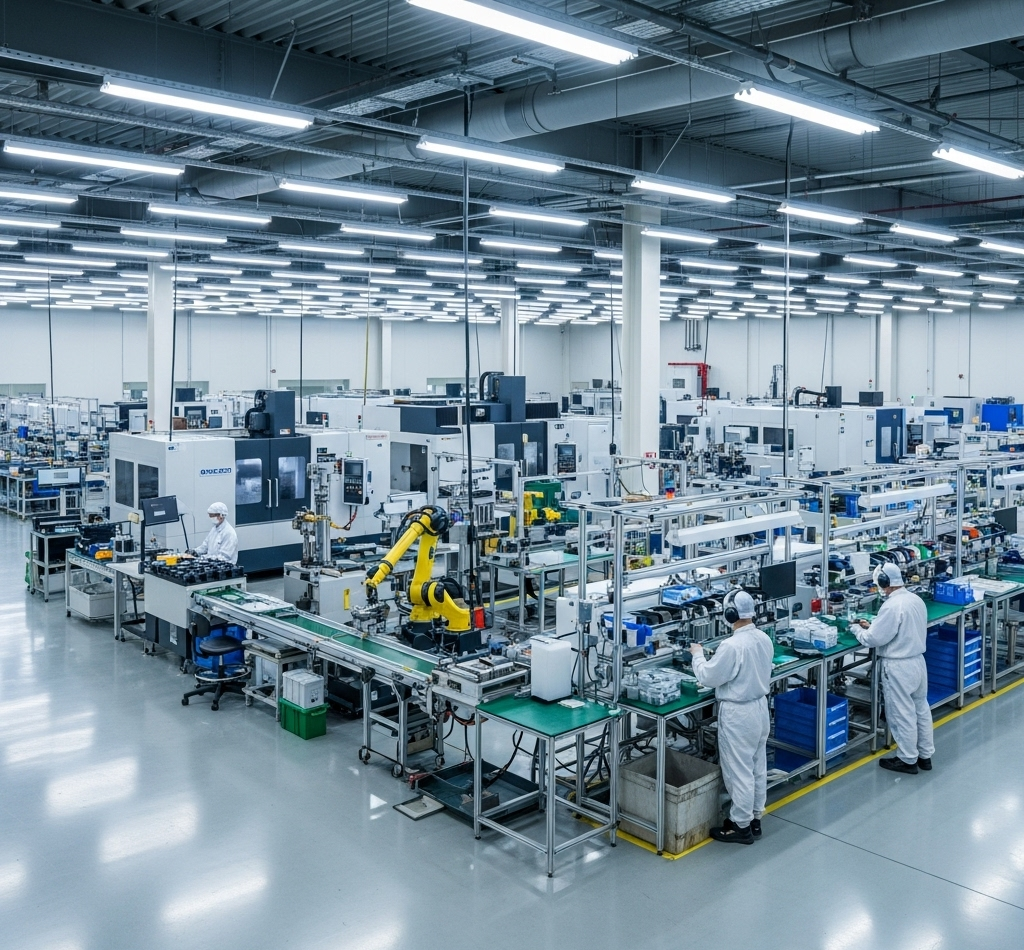
In the fast-paced world of manufacturing, procurement isn’t just about buying parts—it’s a strategic powerhouse that drives efficiency, innovation, and resilience. Original Equipment Manufacturers (OEMs) design and brand products, often relying on Contract Manufacturers (CMs) to handle production. Together, they face challenges like supply chain disruptions, rising costs, and sustainability demands. As we navigate 2025, adopting smart procurement strategies can mean the difference between thriving and merely surviving. Drawing from industry insights, here are the top strategies to optimize procurement for OEMs and CMs.
Establishing robust partnerships with suppliers and CMs is foundational. This involves clear communication, joint development programs, and shared goals to align production with demand and reduce delays. For OEMs, collaborating closely with CMs ensures seamless integration, while CMs benefit from stable contracts and innovation opportunities. Overcoming obstacles like misaligned incentives requires strategies such as outcome-based contracts that tie payments to performance metrics.
Overreliance on a single region is risky in today’s geopolitical climate. OEMs are shifting to multi-country manufacturing to mitigate disruptions, balancing costs with reliability. Nearshoring or reshoring reduces lead times and enhances agility, with local sourcing strengthening operations and communication. CMs can support this by building flexible networks, potentially boosting supply reliability by 10% through balanced multi-shoring.
Technology is transforming procurement. AI helps forecast disruptions, evaluate suppliers, and automate negotiations, shifting from cost control to value generation. For OEMs, predictive analytics optimizes inventory and demand forecasting, preventing shortages. CMs can use AI for real-time supplier intelligence, ensuring price stability and sustainable chains.
Sustainability is no longer optional—it’s a core value. Evaluate suppliers on ESG standards to meet regulations and consumer expectations, embedding green practices across the supply chain. Real-time ESG scoring reshapes selections, enhancing resilience and reputation. OEMs and CMs should align on eco-friendly innovations, balancing profits with environmental goals.
Proactive risk management is crucial amid volatility. Develop plans for disruptions like natural disasters or cyber threats, using data analytics to identify vulnerabilities. Diversified strategies build resilience, moving beyond just-in-time to more insulated approaches. For CMs, this means hedging contracts and supplier diversification to protect OEM partnerships.
Accurate forecasting aligns procurement with production, avoiding excesses or shortages. Centralize data for faster supplier selection and use automation for cost engineering. AI-powered tools enable precise inventory levels, reducing waste and improving efficiency.
Look past initial costs to consider quality, reliability, and long-term value. Define competitive cost targets and evaluate alternative processes for savings. This holistic view supports strategic decisions, especially in volatile markets like metals.
Rigorous quality metrics across the lifecycle reduce defects and costs. Monitor suppliers to ensure they deliver on promises, maintaining accountability. OEMs gain visibility through close relationships, while CMs uphold standards to build trust.
Skilled negotiations secure favorable terms, shifting to models tied to outcomes like productivity or sustainability. This aligns incentives, driving ROI and agility.
Bridge skills gaps with training in analytics, AI, and relationship management. As procurement evolves, resilient teams are key to strategic growth.
In conclusion, these strategies empower OEMs and CMs to navigate 2025’s complexities, turning procurement into a competitive advantage. By embracing collaboration, technology, and sustainability, manufacturers can achieve cost savings, innovation, and long-term success. Stay ahead by continuously adapting to emerging trends—your supply chain depends on it!
© 2025 Lasso Supply Chain Software LLC
Get instant access to our report on the Top Procurement Trends of 2025 by filling out the form below.

Get instant access to our report on the Top Procurement Trends of 2025.